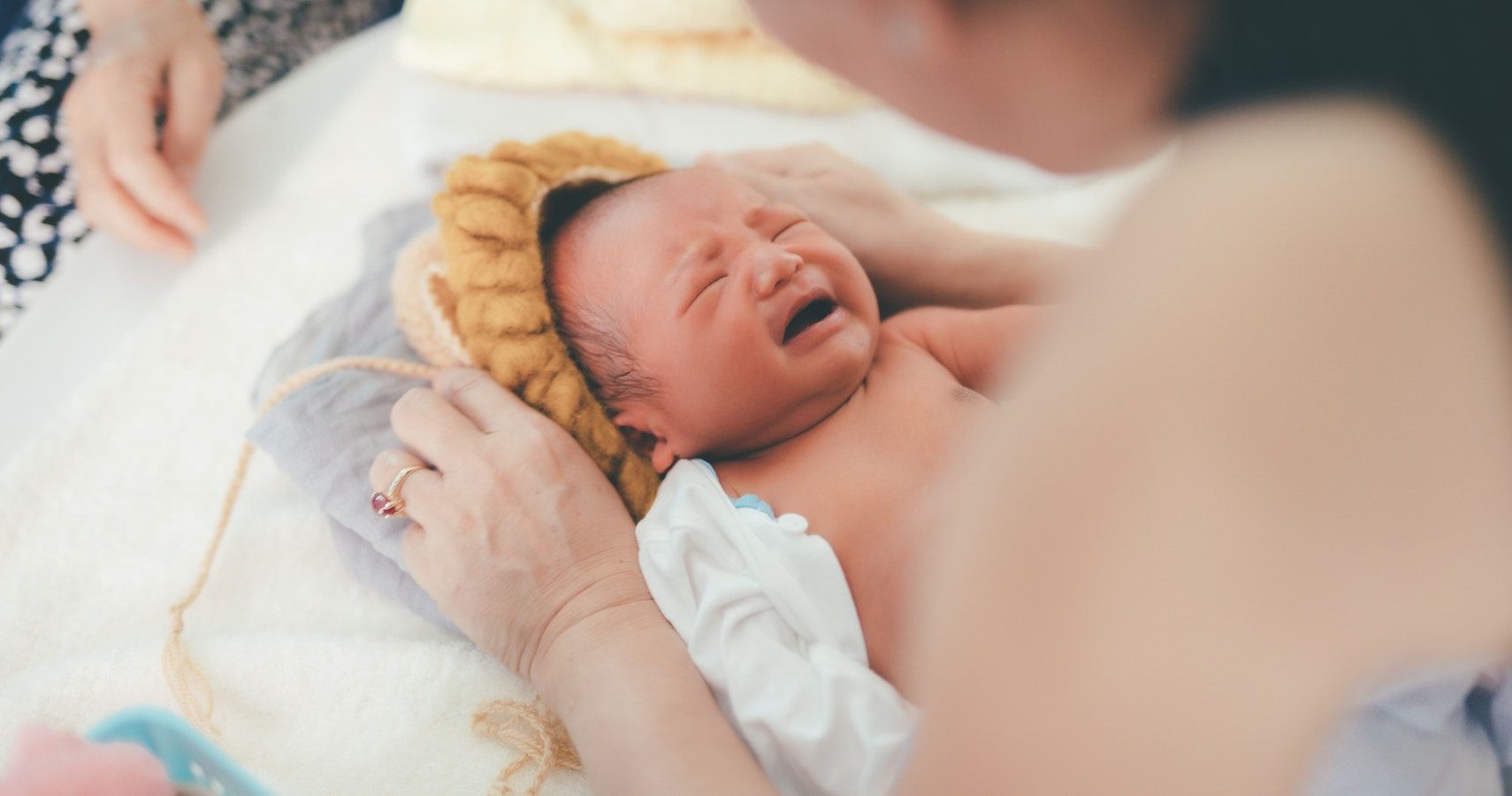[ad_1]
The school of thought used to be that as long as women were physically healthy, their babies would develop well over the nine months of pregnancy. However, studies over the years have shown that not only physical health but mental health needs to be cared for as both contribute to the development of babies. Something that is not always addressed in prenatal appointments. But it should be given that mothers’ mental health affects babies’ development.
For years, it has been the mental health of women post-pregnancy has been focused on. And while postpartum depression and the baby blues need to be addressed, the mental state of soon-to-be mothers needs to be focused on as part of prenatal health. This is because not only are women affected by the mental health issues they have, their babies in utero are too, something that should make mental health a priority for healthcare providers to focus on during and after pregnancy. Not only for the outcomes of pregnant women but the futures of their babies as well.
Here is how a mom’s mental health affects their baby’s development.
Baby Is Exposed To Higher Levels Of Cortisol
Mothers who are feeling stressed have a higher level of cortisol in their bodies than women who are not stressed. That hormone is something that babies can be exposed to in the womb. And when this happens, emotional and social development can be hindered for babies as they enter childhood.
According to ScienceDaily, when women are under a lot of consistent stress, they release cortisol. This is the fight-or-flight hormone. While some cortisol is not harmful, those who are always stressed have high levels of it in their systems.
This cortisol is passed along to unborn babies. The amygdala is structurally changed as a result of it. And babies are then at a higher risk of emotional issues as they grow, according to the publication. Proving just how important mental health screening is before and during pregnancy to help women deal with these issues so that the next generation is not affected by the same.
Brain Structures Are Altered
When mothers find that they are stressed or anxious during their pregnancies, their babies can feel that maternal stress. And if that stress or anxiety is consistent, it can lead to the structures of the brain being altered. Something that can lead to personality problems in the future.
According to Children’s National, when babies are exposed to stress and anxiety in the womb, they are at a higher risk of the development of their brain being altered. Something that can be physically seen from images taken of babies shortly after birth.
When this happens, according to the publication, little ones are at risk of social and behavioral problems during childhood. All as a result of the state of mental health of their mothers during pregnancy. Something that contributes to neurodevelopmental disorders that can develop in babies if left untreated.
Motor Development Can Be Affected
Anxiety and depression can play roles in babies’ motor development. Something that does not seem far-fetched, given that the structure of the brain can be easily changed during pregnancy all based on how mentally healthy women are.
According to the National Library of Medicine, women who were diagnosed with a major depressive disorder before becoming pregnant and during pregnancy were more likely to have babies who were behind in their motor development skills.
Because of this, per the publication, mothers need to have intervention early to combat depression during pregnancy. This will help women not only get to a better place mentally but can help to decrease the risk of babies falling behind in their motor development skills.
Furthermore, babies of those identified with major depressive disorders need early intervention as well. This will help them to work on areas of their motor development where they may not be on par with their peers. That can address any delays that are present and help children get to where they need to be where they are not affected by their mothers’ state of mental health during pregnancy.
Baby May Have Lower Tolerance For Stress
A bit of stress and anxiety during pregnancy is normal. It can even help babies become better at dealing with stress as they age. The problem comes when stress and anxiety are chronic. This is when a negative effect is had on babies while in utero and can ultimately make them have a lower tolerance for stress than their peers whose mothers did not share the same levels of stress during pregnancy.
According to Psychiatric News, when babies are exposed to high levels of stress in the womb, they are at a higher risk for developing “hyper-responsive physiologic responses” to stress in childhood. This occurs because the connection between the prefrontal cortex and the amygdala is compromised.
When this happens, per the publication, overall health is worse in kids. Perhaps because they deal with more of the flight-or-fight response than their peers do.
But if children who faced these environments while in utero receive intervention, according to Psychiatric News, they can go on to have normal reactions to stress as they age. Something that shows just how resilient babies are if given the tools to thrive.
Baby May Face Higher Risk Of Depression
Women who are chronically stressed during pregnancy are sending messages to their babies that they will be born into an environment that is incredibly stressful. Because of this, according to Marcy Axness, PhD, babies’ brains are being developed to believe life is going to be nothing but filled with nothing but stress when they are born. And when this happens, babies are at a higher risk of developing depression as they age.
Per the publication, babies who face an environment in utero that is filled with stress, do not develop the ability to feel “calm and content” with their surroundings. This can fester over time and develop into depression. Something that no mother, especially those who already struggle with mental health, wants their babies to experience.
Source: ScienceDaily, Children’s National, National Library of Medicine, Psychiatric News, Marcy Axness, PhD
[ad_2]

.jpg)


.jpg)